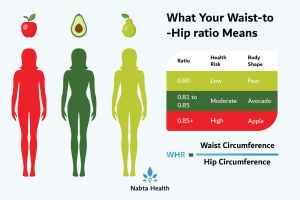Side Effects of Antibiotics

If your pediatrician has prescribed your child antibiotics, it is essential that you give them as prescribed so they’re most effective and to minimize the possibility of side effects. Most side effects of antibiotics are mild, but some are more serious and should be brought to your doctor’s attention.
Common side effects of antibiotics include:
- Nausea
- Vomiting
- Diarrhea
- Stomach pain
- Headaches
- Lightheadedness
Ask your doctor what you can expect and which side effects should be considered serious.
Because antibiotics kill all bacteria, including the beneficial bacteria living in the intestines, diarrhea is often an issue. Babies may also develop a candida (yeast) overgrowth that shows up as thrush or a diaper rash. Ask your doctor for suggestions if this becomes a problem. If your child is old enough to eat yogurt or take a probiotic sprinkled over applesauce, this can help restore the beneficial bacteria that were killed by the antibiotics.
Sometimes a child may have an allergy to antibiotics, like penicillin and sulpha. If your child experiences hives, an itchy rash, or has trouble breathing, tell your doctor right away. Other serious side effects from antibiotics can include:
- Difficulty breathing leading to a closed airway
- Seizures
- Hearing loss
- Kidney damage
- Vision problems
If your child experiences any of these side effects, tell your doctor immediately.
Recently, antibiotic use in children has also been linked to increased risk of inflammatory bowel diseases (IBD), such as Crohn’s disease. A study published in the Journal of Pediatric Gastroenterology and Nutrition found that children who used certain types of antibiotics were more likely to develop IBD than children who did not use those particular antibiotics. The more often antibiotics were taken, the higher the risk of IBD. While more research needs to be done and researchers admit the risk is still low, it is worth discussing with your doctor.
Antibiotics are generally considered very safe and serious side effects are very rare. Nevertheless, they should only be used when necessary and according to the prescribed directions.
Sources:
- American Academy of Pediatrics
- How Do Antibiotics Work?
The Merck Manual Home Health Handbook - Antibiotics.
MUSC Children’s Hospital - Antibiotics: When Do They Help?
Harvard Health Publications - Probiotics may help prevent diarrhea due to antibiotic use.
Powered by Bundoo®










